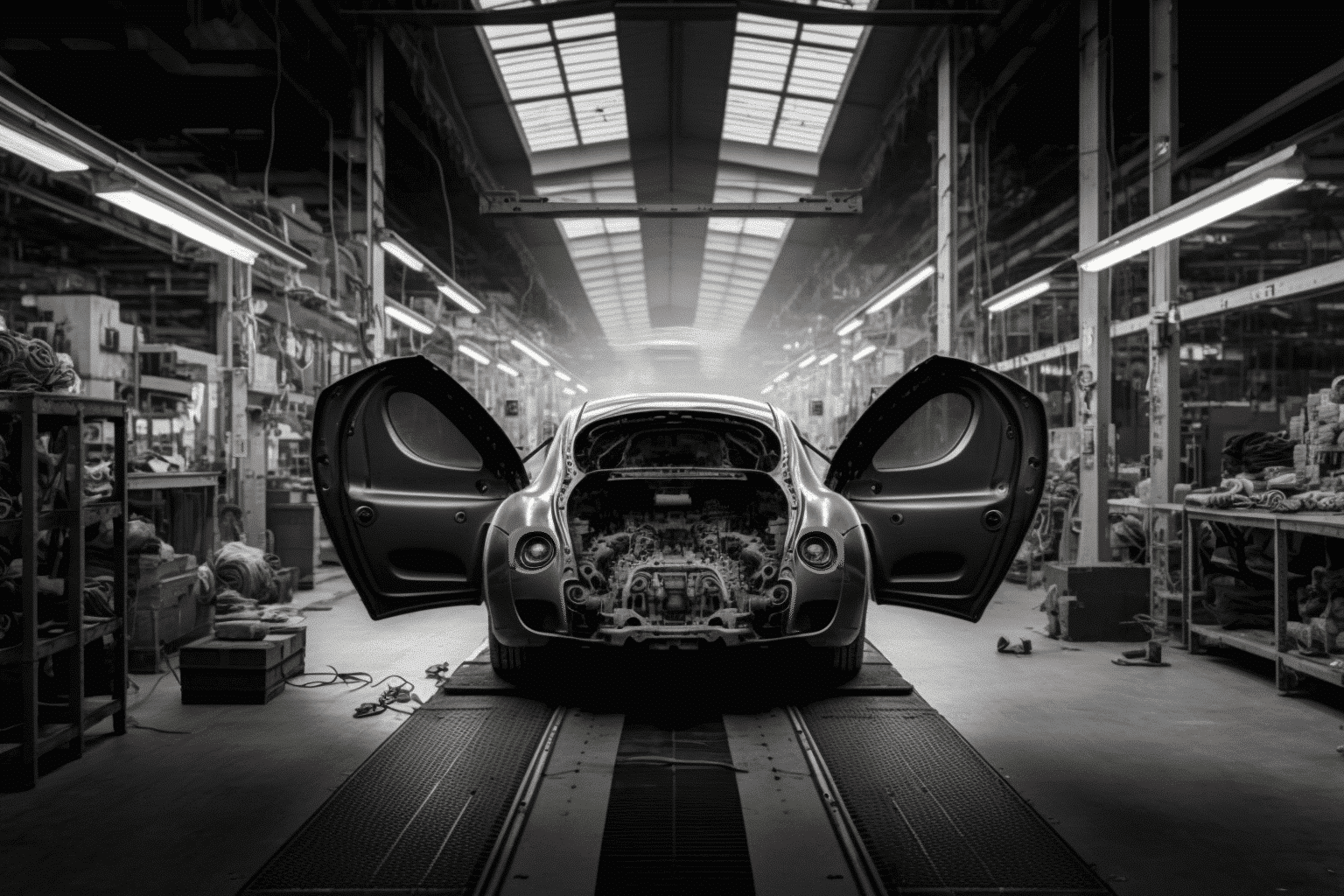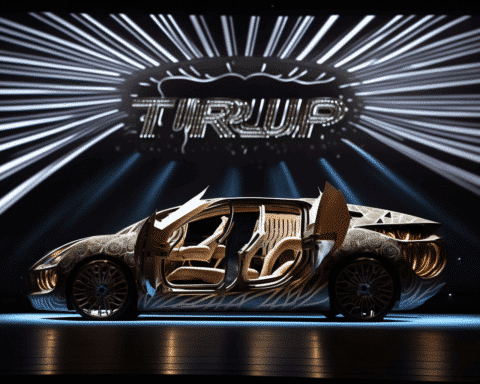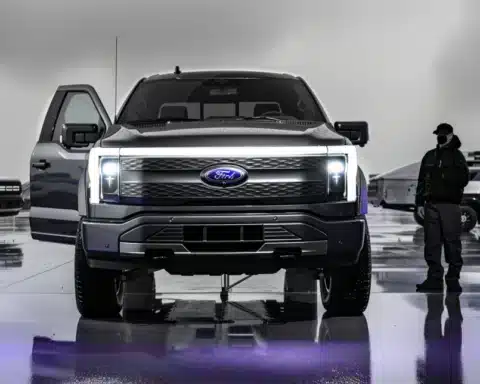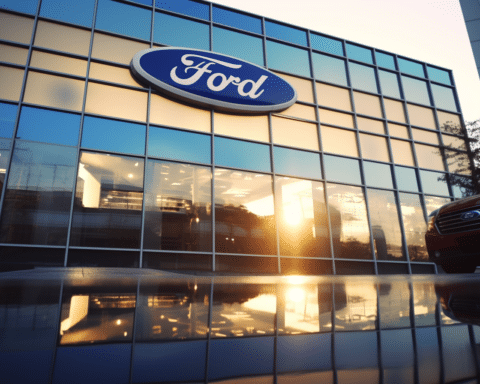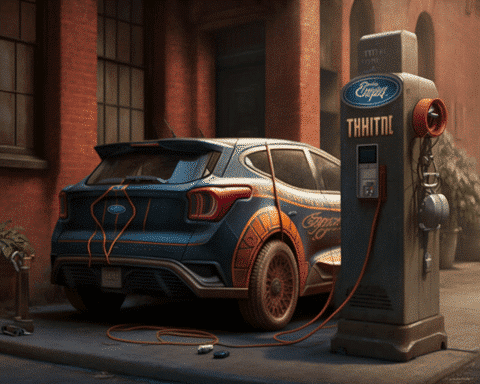Ford has announced its plan to build a $3.5 billion battery factory in Michigan, using technology and services provided by China’s Contemporary Amperex Technology Co. Limited (CATL). The factory will create 2,500 jobs and is part of Ford’s plan to move into the electric-vehicle (EV) market.
The use of Chinese technology is expected to enable faster charging times for some EVs and make the vehicles more affordable. The batteries that Ford will initially import from CATL and then start making in Michigan are lithium iron phosphate (LFP) batteries, which are “exceptionally durable” and use fewer high-cost materials.
China’s Prominent Position in the EV Industry
China has become a major player in the EV industry, with more EVs and batteries produced than in the West. This rise poses challenges for global automakers as they navigate East-West tensions while trying to keep up with technology advancements.
Despite the political risks of relying on Chinese technology in the worsening US-China relations, Ford has planned carefully, and the company will fully own and operate the new battery factory in Michigan. CATL personnel will help set up the facility, but Ford will control it, with a Ford plant manager running the operation.
Mixed Reactions from Local Lawmakers
Ford had been considering a site in Southside Virginia for the new battery plant, which could have brought much-needed jobs to the region. Local lawmakers had mixed feelings about the decision, with some expressing concerns about national security implications of Chinese involvement in the plant. Virginia Governor cited concerns about doing business with the Chinese Communist Party and withdrew Virginia’s bid to host the plant last December.
Michigan Governor Gretchen Whitmer emphasized the domestic jobs the Ford plant would create. CATL, like much of China’s EV industry, benefited from big government investments in the industry, including research-and-development funding, tax exemptions, consumer incentives, and financing for battery-charging stations. This aid enabled Chinese factories to scale up earlier than those in other countries.
Future Plans for Ford
Until the plant is operational in 2026, Ford will import batteries from CATL to use in some vehicles for US sales. Ford will begin using the CATL batteries in base models of the Mustang Mach-E later this year and in the F-150 Lightning pickup truck next year.
Marin Gjaja, chief customer officer for EVs at Ford, declined to comment on any specific price cuts resulting from the use of the CATL batteries. According to Harvard Business School professor Willy Shih, China recognized early on the strategic importance of the energy transition and has become a technology source in the global auto market, in part because of the scale built by companies like CATL.
Ford’s move to build a battery factory in Michigan using Chinese technology highlights China’s prominent position in the EV industry and the tough decisions global automakers face as they navigate tensions between China and the West. The use of Chinese technology is expected to enable faster charging times for some EVs and make the vehicles more affordable. While there are political risks, Ford has planned carefully, and the company will fully own and operate the new battery factory in Michigan.
